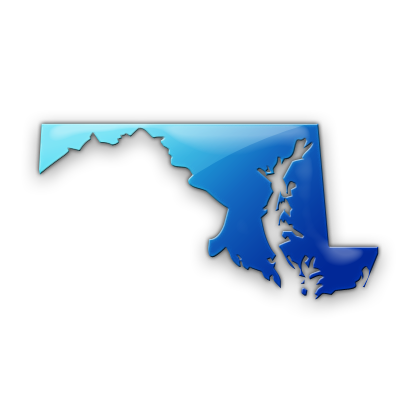Defining Early Childhood Inclusive Education

An inclusive education for all students of all ability levels, from kindergarten through high school, is one that provides each student with
“the opportunities to receive effective education services, with the needed supplemental services and supports, in age appropriate classes in their neighborhood schools, in order to prepare students for productive lives as full members of society.”
The National Center for Educational Restructuring and Inclusion, 1995, p. 6
 In Maryland, an inclusive education for young children of all ability levels, is one that supports their participation in a continuum of early childhood settings, community-and school-based, with appropriate modifications and accommodations, in order to achieve school readiness and positive outcomes throughout their educational experience. Natural environments and least restrictive environments ensure that young children with disabilities receive services in typical community-based early childhood settings and programs whenever possible, and only go to more restrictive or specialized settings when individual needs require it.
In Maryland, an inclusive education for young children of all ability levels, is one that supports their participation in a continuum of early childhood settings, community-and school-based, with appropriate modifications and accommodations, in order to achieve school readiness and positive outcomes throughout their educational experience. Natural environments and least restrictive environments ensure that young children with disabilities receive services in typical community-based early childhood settings and programs whenever possible, and only go to more restrictive or specialized settings when individual needs require it.
Key features of inclusion
Two national early childhood organizations, the Division for Early Childhood of the Council for Exceptional Children (DEC) and the National Association for the Education of Young Children (NAEYC) jointly define early childhood inclusion as one that,
….embodies the values, policies, and practices that support the right of every infant and young child and his or her family, regardless of ability, to participate in a broad range of activities and contexts as full members of families, communities, and society.
DEC/NAEYC, 2009, p.2
The defining features of inclusion- access, participation, supports- described by DEC/NAEYC are central to MSDE’s goal to provide all young children with an inclusive early childhood education.
- Access: providing a wide range of activities and environments for every preschool child by removing physical barriers and offering multiple ways to promote learning and development through universal design and universal design for learning.
- Participation: using a range of instructional approaches to promote engagement in play and learning activities, and a sense of belonging for every child.
- Supports: ensuring an infrastructure of system level supports to assure high quality inclusion e.g., professional development, integrating specialized services with general early care and education, and opportunities for communication and collaboration among families and professionals (DEC/NAEYC, 2009).

